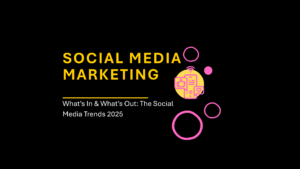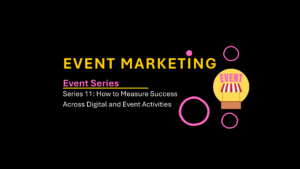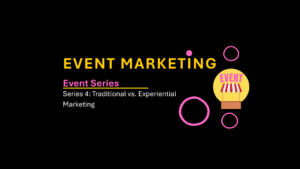Traditional vs. Digital Marketing: A Dynamic Shift
Traditional Marketing:
Traditional marketing encompasses all the techniques that don’t involve the digital realm. This includes print media, broadcast advertising, direct mail, telemarketing, and even outdoor advertising such as billboards. From newspapers to radio, this age-old approach has consistently proven its ability to connect with targeted audiences. Traditional marketing, with its deep roots in history, remains one of the most well-researched and reliable marketing methods. It’s a familiar part of everyday life, from sifting through the daily mail to flipping through your morning newspaper.
Crucially, traditional marketing plays a vital role in reaching local audiences, especially through physical advertisements that can endure over time. There’s a portion of the audience that’s more readily accessible through traditional means than in the digital realm.
Digital Marketing:
Conversely, digital marketing is, well, digital. It encompasses all the marketing activities conducted online, including paid social media advertisements, email marketing, and PPC advertising. This approach has surged in popularity thanks to the seismic cultural, technological, and societal shifts of our times.
From promoted tweets to influencer-sponsored trips and engaging Tasty cooking videos, digital marketing has spread its wings widely. Even the act of Googling “What is TikTok?” demonstrates the effectiveness of digital marketing.
As the world becomes increasingly digital, the way we market our products and services has naturally evolved. Digital marketing, besides often being more cost-effective than traditional marketing, offers a more direct and global means of connecting with target audiences.
The Transition from Traditional to Digital Marketing Tools: A Technological Journey

In practice, digital marketing focuses on managing various online platforms such as websites, blogs, and social media, all intricately integrated with online communication techniques like search engine marketing, social media marketing, online advertising, email marketing, and partnerships with other websites. These online communication techniques are instrumental in achieving objectives like acquiring new customers and providing services that enhance customer relationships through customer relationship management (CRM). Nevertheless, the success of digital marketing depends on the integration of these techniques with traditional media such as print, television, direct mail, and in-person sales and support. This integration forms the cornerstone of multichannel marketing communications or omnichannel strategies, which combine digital and traditional channels at different stages of the buyer’s journey to effectively communicate and distribute products and services (Chaffey and Ellis-Chadwick, 2019).





Traditional marketing is undeniably a cornerstone of reaching local audiences, especially through tangible mediums like billboards and print media. It’s fascinating how these methods have endured the test of time and continue to resonate with certain demographics. However, with the rise of digital marketing, the landscape has shifted dramatically, offering more global and cost-effective strategies. While traditional methods have their charm, digital platforms provide unparalleled reach and engagement. Do you think traditional marketing will eventually become obsolete, or will it always have a place in the marketing world?
Thank you, Business, for your questions. We really appreciate them. We’ve created a new blog post that answers your questions in detail. We hope it meets your expectations and provides the clarity you’re looking for. You can read it here: In the World of Digital, Why We Still Do Traditional Marketing . We’d love to hear your thoughts!
Traditional marketing has its charm, but isn’t it becoming a bit outdated in today’s fast-paced digital world? I find it interesting how traditional methods like print and billboards still manage to reach local audiences effectively. However, I can’t help but wonder if their impact is diminishing as more people shift to digital platforms. Digital marketing seems so much more dynamic and adaptable, especially with tools like social media and email campaigns. Do you think traditional marketing will eventually become obsolete, or will it always have a place in the mix? I’d love to hear your thoughts on how businesses can balance both approaches for maximum impact. What’s your take on the future of marketing strategies?
Thanks for your questions, Investing. We’ve published a blog post with a detailed answer here: Digital vs Traditional Marketing in 2025: Which Strategy Works Best for Your Business?. We’d love to hear your thoughts after reading!